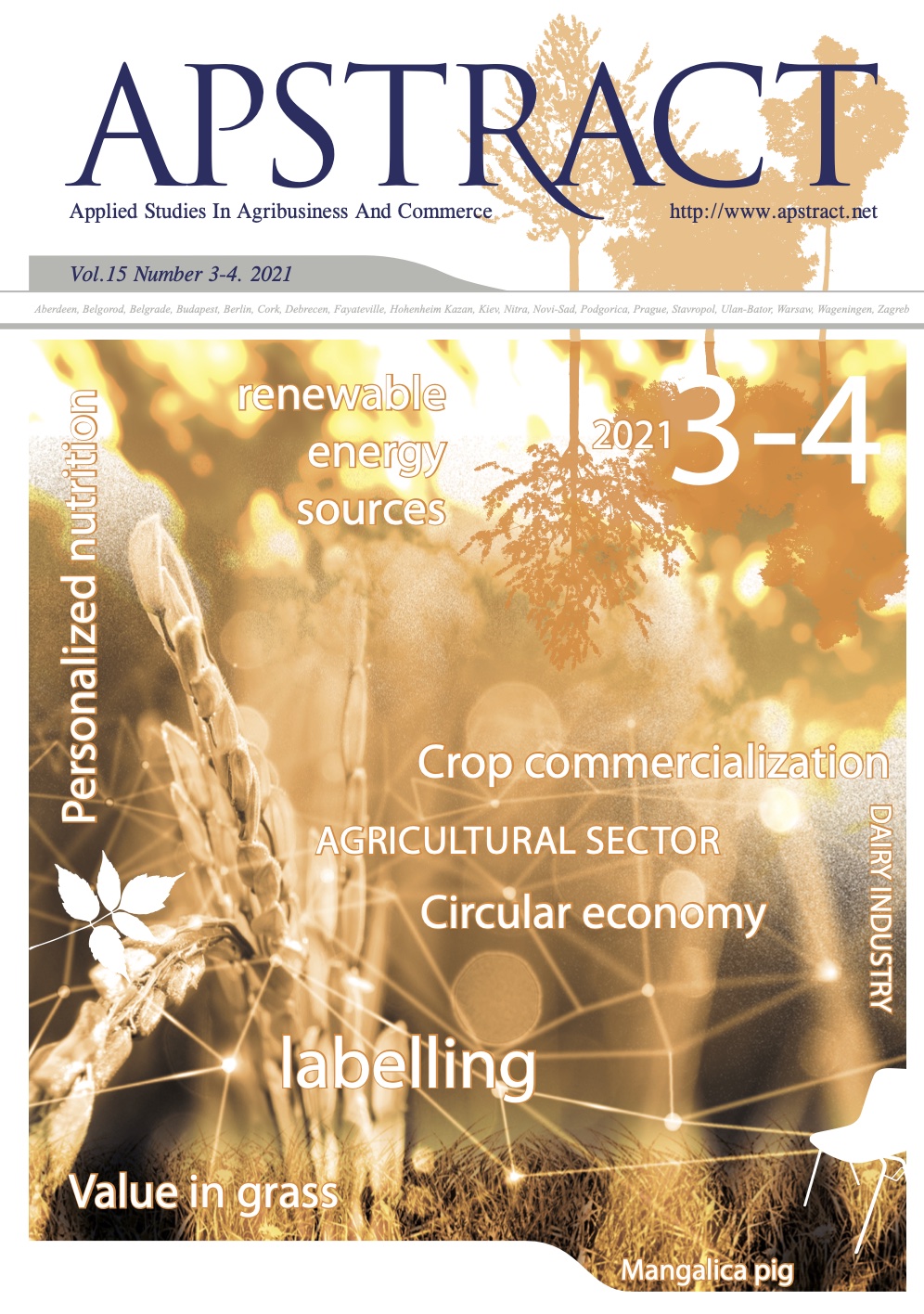Factors affecting acceptance of smart retail solutions in Hungary: an empirical study using UTAUT2 model
Authors
View
Keywords
How To Cite
Accepted 2022-02-07
Published 2021-12-22
Abstract
In today's digitalisation process, retail is also undergoing a transformation, with the emergence of new smart solutions. Integrating intelligent solutions into a business model means new strategic challenges for retailing companies. The aim of the research is to examine the factors influencing the behavioural intention and use behaviour of smart retail solutions (SRS). The proposed model was based on the extended Unified Theory of Acceptance and Use of Technology (UTAUT2). Data was collected by conducting a questionnaire of 302 Hungarian respondents. Confirmatory factor analysis (CFA) and partial least squares (PLS-SEM) estimation were implemented. The results showed that behavioural intention is significantly and positively influenced by effort expectancy and it is significantly and negatively influenced by facilitating conditions. Most of the respondents are not yet regular users of SRS, and the market penetration of front-end intelligent solutions in retail is considered as rather low.
JEL code: M10, M31, O14


 https://doi.org/10.19041/APSTRACT/2021/3-4/6
https://doi.org/10.19041/APSTRACT/2021/3-4/6




